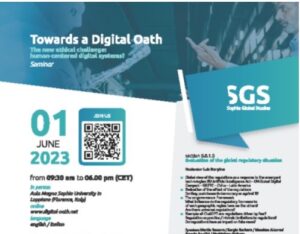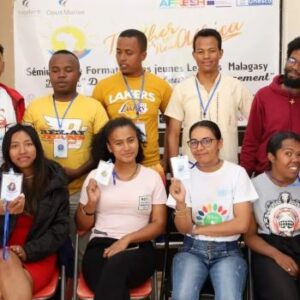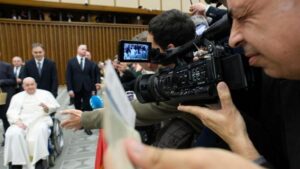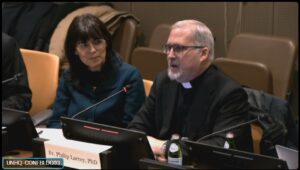
24.05.2023
In the context of today’s digital tsunami, a team of engineers, scientists, journalists, and philosophy experts will gather together on the 1st of June at Sophia University in Loppiano to discuss the proposal of a Digital Oath to help the community move towards human-centered digital systems.
Let’s face it, the digital tsunami today has launched!
Everywhere, governments, cultural, educational, and industrial entities have been trying to regulate, analyze, manage, and define metrics, policies, frameworks, and rules to try to incorporate and align the values of digital systems with human and universal values. A lot is being done but it appears not to be enough: a few weeks ago, more than 1,000 artificial intelligence experts, industry chiefs, and technologists signed an open letter calling for a six-month pause in developing more advanced artificial intelligence systems, citing “profound risks to society and humanity”. While some experts disagree and say pausing won’t “solve the challenges”, this movement worldwide only shows the urgency of dealing today with the ethics of digital systems, from the simplest to the most complex decision-making systems.
In this context, a team of engineers, scientists, journalists, and philosophy experts from New Humanity*, NetOne*, Sophia University, and others have put together a concept called the Digital Oath, similar to the Hippocratic Oath concept made for medical professionals globally. A digital oath is a list of ethical principles common to all peoples that any actor in the digital system can adopt. A digital actor represents any person creating or designing digital systems, being in hardware or software: engineers, data scientists, computer scientists, etc.
The team will introduce this concept on June 1st, at Aula Magna, Sophia University, Loppiano, and ONLINE (digital-oath.net) from 9:30 am to 6:00 pm in four different panels.
The first panel will assess the technical situation of today’s digital world, providing a comprehensive overview and citing potential risks. The second panel will then consider and evaluate the global regulatory situation. The third panel will look at the philosophical and ethical point of view of this human-centered approach to the ethics of digital systems and try to answer the question: “What changes does it bring to the current situation?” regarding fraternity, social divisions, etc.
Lastly, the digital oath will be introduced as a bottom-up approach to building digital systems, a way to incorporate values at every stage of building our new digital world.









